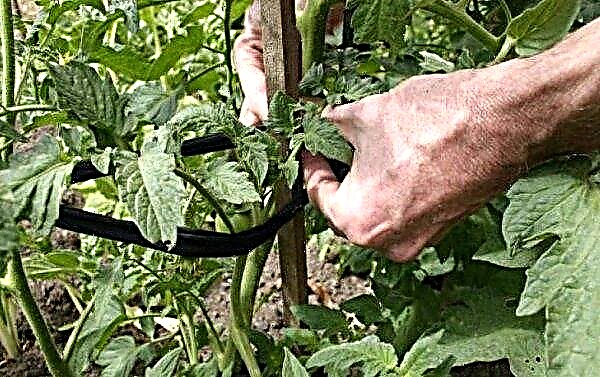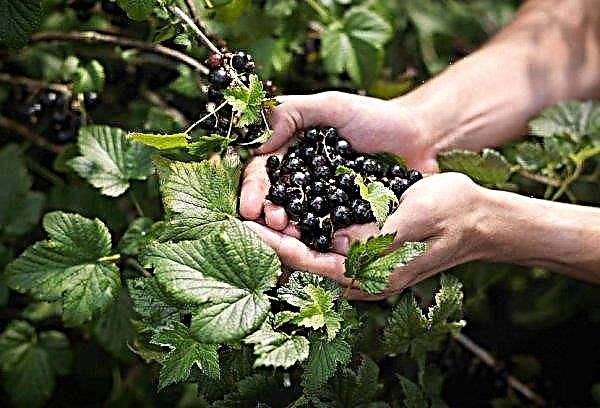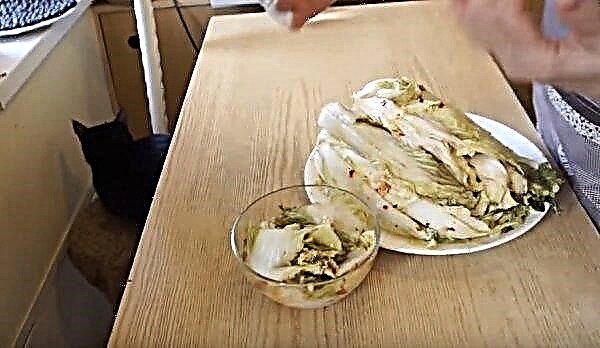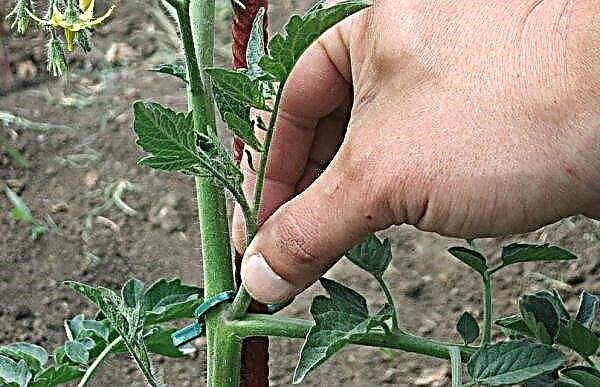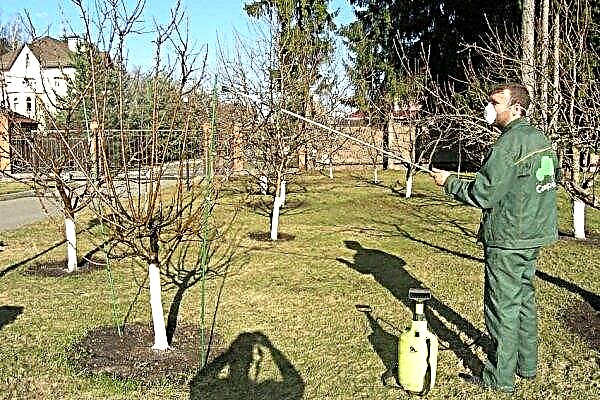Half of all state farms in England were closed. Created at the end of the 19th century to encourage young people to farm, these farms are in a “final decline” according to the Campaign for the Protection of Rural England (CPRE).
Currently, non-working councils are closing them, losing more than 6 thousand farmland over the past decade, with 60% of them sold over the past two years.
And this is despite the fact that the campaign participants claim that they have “a huge potential for generating income, providing opportunities to promote innovative agricultural practices and ensuring environmentally sustainable agriculture”, as well as to absorb carbon, deciding climate related issues.
 In agriculture, the UK employs about 2% of the total working population of the country.
In agriculture, the UK employs about 2% of the total working population of the country.
A new CPRE report, prepared jointly with the New Economy Foundation, Shared Assets and Who Owners England, shows that over 50% of the county’s farms have disappeared over the past 40 years.
It was found that austerity combined with the feeling that county farms are “a thing of the past” and the unwillingness of some state farms to innovate to develop new sources of income or business models leads to the decline of county farms.
Proposals for state farms include the establishment on the farms of a cafe where they could sell food from local vegetables, as well as events and the sale of fresh fruits and vegetables in grocery stores on site.
- Organic farming in Bavaria is growing every year, and the mark of organic farms is exceeded.
- The annual Best Organic Farmer Award was presented for representing organic brands, products and people recognized as the best in their field and announced at a ceremony in London.
- In the village of Potutory, Berezhansky district, Ternopil region, Kristina Liberger grows spices on her organic farm, is engaged in crop production and dairy farming.

